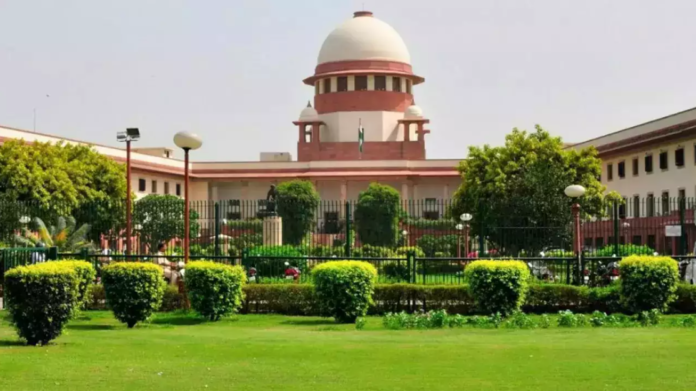In a landmark judgment, the Supreme Court of India has ruled by a 6:1 majority that sub-classification within the Scheduled Castes (SC) and Scheduled Tribes (ST) is permissible. This decision empowers states to create separate quotas for the most disadvantaged groups within these categories, aiming to address systemic inequalities.
The seven-judge bench, headed by Chief Justice of India DY Chandrachud, overturned the Court’s 2004 judgment in the EV Chinnaiah case, which had previously ruled against such sub-classification. The majority opinion held that sub-classification is necessary to ensure that the benefits of affirmative action reach the most marginalized sections within the SC/ST communities.
“There are six opinions. A majority of us has overruled EV Chinnaiah and we hold sub-classification is permitted,” stated Chief Justice Chandrachud. He emphasized that the systemic discrimination faced by members of the SC/ST communities often prevents them from advancing despite existing quotas.
The Court’s ruling is grounded in historical evidence and social conditions indicating that the SC/ST categories are not homogeneous. The CJI highlighted that the struggles faced by different classes within these categories vary significantly, necessitating targeted interventions.
Justice BR Gavai, delivering a concurring opinion, underscored the need to identify and exclude the “creamy layer” within the SC/ST categories from the benefits of reservation. He referenced Dr. B.R. Ambedkar’s 1949 speech on the importance of social democracy, arguing that true equality can only be achieved through such measures.
“I observe that this court in the Indira Sawhney case has held that sub-classification in more backward classes is permitted; similarly, if the state concludes that a caste is underrepresented, it is its duty to provide preferential treatment,” Justice Gavai stated.
Justice Bela Trivedi dissented, maintaining the position against sub-classification. However, the majority opinion prevails, paving the way for states to implement policies that can more effectively address the needs of their most disadvantaged citizens.
The bench comprised CJI Chandrachud, Justice Gavai, Justice Trivedi, Justice Vikram Nath, Justice Pankaj Mithal, Justice Manoj Mishra, and Justice Satish Chandra Sharma.



